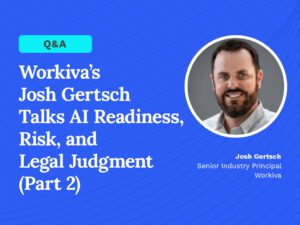The Latest On Encryption Law
December 5, 2016
One year ago, the government was in the midst of a showdown with Apple, Inc., over the recovered iPhone belonging to one of the shooters in the mass murders in San Bernadino, Calif. The FBI went to court to demand that Apple write special software to thwart the security measures that are standard on its phones. Apple refused and made a public case against the move, saying it would encourage other countries like China and Russia to make similar demands over iPhone data. Law enforcement warned that encryption was becoming so pervasive and common, it was “warrant-proof.” Eventually the FBI found a third party to hack the phone. Last week, judges in the U.S. gained greater power to authorize the government to hack digital devices outside their districts. Manhattan District Attorney Cyrus Vance Jr. has called for new laws to be sure law enforcement can access content on locked phones. Republican Sen. Richard Burr is also likely to introduce legislation that would require companies to build “back doors” into their products. But what will come of these efforts remains to be seen. Incoming president Donald Trump has not been clear on his stance, and thus far none of his picks for security posts are experts on cyber.
Read full article at:
Daily Updates
Sign up for our free daily newsletter for the latest news and business legal developments.




